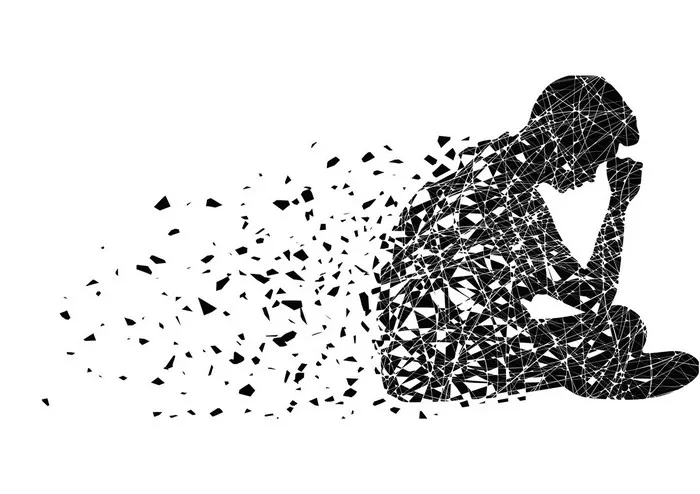TOLEDO, Ohio — In a move aimed at enhancing mental health support for incarcerated youth, Lucas County Commissioners have approved increased funding to strengthen services at the Lucas County Juvenile Detention Center. The initiative seeks to move beyond confinement by offering meaningful treatment and productive resources to young individuals in custody.
The new funding is part of a multi-agency collaboration involving the Lucas County Court, the Zepf Center, and Unison Health, with support from the Lucas County Mental Health and Recovery Services Board.
“Between the commissioners, the court, and Zepf Center, we are working to provide comprehensive mental health services,” said Marcie Garlick, Deputy Court Administrator. “This effort is about offering care, not just confinement.”
Investment in Crisis and Treatment Services
The funding will be distributed in two key areas:
Zepf Center will receive the first allocation to deliver mental health services within the Youth Treatment Center.
Unison Health will receive additional funding to provide crisis intervention services at the detention facility itself.
These resources are drawn from a combination of the county’s detention center operational budget and contributions from the Mental Health and Recovery Services Board.
“The goal is to assess every child upon entry into the facility to understand their individual needs,” said Said Orra, Court Administrator. “If it’s determined they could benefit from services at home, then those services can begin immediately.”
Focus on Intervention and Reintegration
This holistic approach includes not only crisis response and immediate care, but also long-term discharge planning. Officials aim to create continuity of care by connecting youth with ongoing support when they return to their homes and communities.
Rather than focusing solely on punishment, the county’s strategy emphasizes rehabilitation, early intervention, and reintegration, aligning with growing national awareness around the intersection of juvenile justice and mental health.
“We’re shifting the focus from simply locking kids up to actively helping them heal,” Garlick added. “It’s about creating better outcomes—not just for the youth, but for the entire community.”
The enhanced services are set to roll out over the coming months as contracts are finalized and staff are trained.


